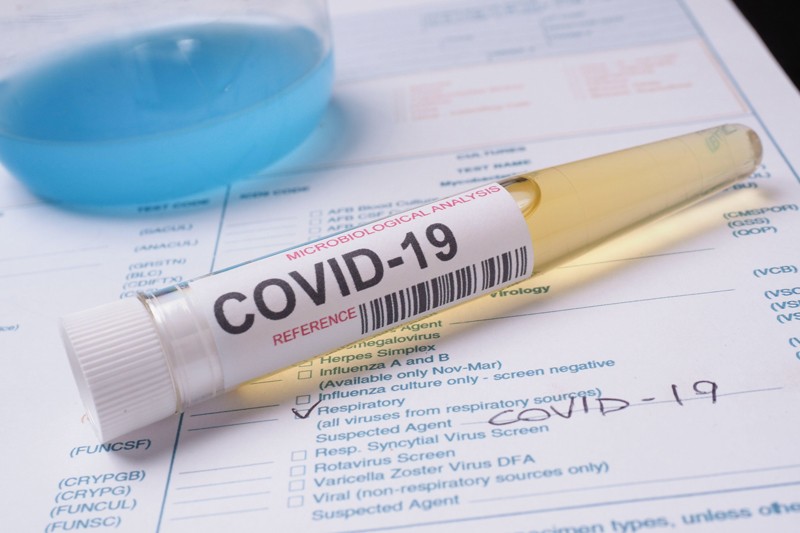A portable, pocket-sized Covid-19 testing machine that takes just minutes to deliver the results has been developed by researchers at the Salk Institute in California.
The portable test ‘NIRVANA’ can also simultaneously test for other viruses like influenza that might be mistaken for the coronavirus. At the same time, they can sequence the virus, providing valuable information on the spread of Covid-19 mutations and variants.
It has been described as faster, cheaper and more portable than nasal swabs.
“This is a potable virus detection and surveillance method that doesn’t require an expensive infrastructure like other approaches,” said Juan Carlos Izpisua Belmonte, a professor at the Salk Institute for Biological Studies in the US.
“We can accomplish with one portable test the same thing that others are using two or three different tests, with different machines, to do,” Belmonte said.
Researchers tested ten samples known to be positive for COVID-19, as well as 60 samples of unknown status and samples of wastewater that harboured the virus. In all cases, the NIRVANA device correctly identified which viruses were present.
The current standard approach to determine whether a nasal swab is positive for Covid-19 is to run a polymerase chain reaction (PCR) test to detect genetic material from the SARS-CoV-2 virus.
However, if the sample is negative, patients and clinicians don’t get any information on what might be causing the coronavirus-like symptoms — unless they run separate PCR tests, using different swab samples, for other viruses.
Even if the sample is positive for SARS-CoV-2, they don’t learn which Covid-19 variant a patient is infected with unless another set of tests is run, which require a large and expensive next-generation gene-sequencing machine.
Mo Li, an assistant professor at King Abdullah University of Science and Technology in Saudi Arabia, wondered whether a gene-detection approach called isothermal recombinase polymerase amplification (RPA) coupled with real-time nanopore sequencing might be more useful than the current COVID-19 testing approach.
Unlike PCR, which cycles through lower and higher temperatures to separate DNA strands and copy them, RPA uses proteins — rather than temperature changes — to accomplish the same thing in only 20 minutes.
The technology lets researchers copy longer stretches of DNA, and probe for multiple genes at the same time.




